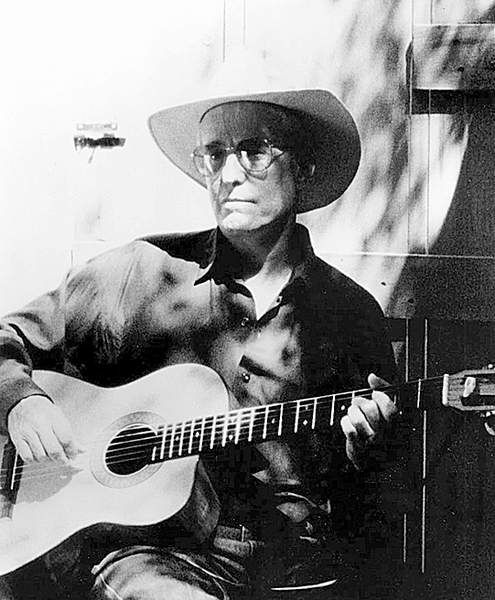Erik Darling was ’60s songwriter
Published 5:00 am Friday, August 8, 2008

- Erik Darling died Sunday after battling lymphoma. He was 74. The guitarist and banjo player was perhaps best known for his hit “Walk Right In.”
RALEIGH, N.C. — Erik Darling, the reedy-voiced guitarist and banjo player who deftly stepped in when Pete Seeger left the pioneering folk music group The Weavers, has died after battling lymphoma. He was 74.
He died Sunday in Chapel Hill, not far from Raleigh.
Darling was perhaps best known for his hit “Walk Right In” and for his arrangement of the iconic Southern true-crime ballad “Tom Dooley,” which inspired The Kingston Trio’s recording of the song that topped the charts in 1958.
Darling also replaced Seeger in The Weavers in the late 1950s, a few years after the band was blacklisted for its political views.
Fred Hellerman, an original member of the group, said he learned of his friend’s death by e-mail earlier this week.
“He was immensely talented — immensely talented,” Hellerman, 81, said Thursday. “When he came into The Weavers to replace Pete Seeger, which was a pretty tall order, he not only did that, but he brought so much of his own talents to bear that it was overwhelming. It really was.”
Hellerman said Darling moved to Chapel Hill a couple of years ago to be near Willard Svanoe, a fellow member of The Rooftop Singers, the band with which he recorded “Walk Right In,” a No. 1 hit for Vanguard Records in 1963.
The Weavers first burst on the scene in 1948 in Greenwich Village and had their first national hit in 1950 with “Goodnight Irene.” But during the red scare of the 1950s, their politics came under scrutiny, and the group was brought in to testify before the House Committee on Un-American Activities.
They soon found themselves blacklisted and disbanded in 1953. It wasn’t until a 1955 concert at Carnegie Hall that they re-emerged to rejoin the national folk music revival they’d helped launch. “He was an absolutely logical person to be brought in” after Seeger’s departure, Hellerman said.
Hellerman said he didn’t learn until many years later that Darling was uncomfortable with his band mates’ leftist leanings.
Hellerman said he had received a package from Darling in the mail a couple of weeks ago. It was a copy of Darling’s recently published memoir, “I’d Give My Life — A Journey by Folk Music.” Hellerman said he couldn’t put it down.






